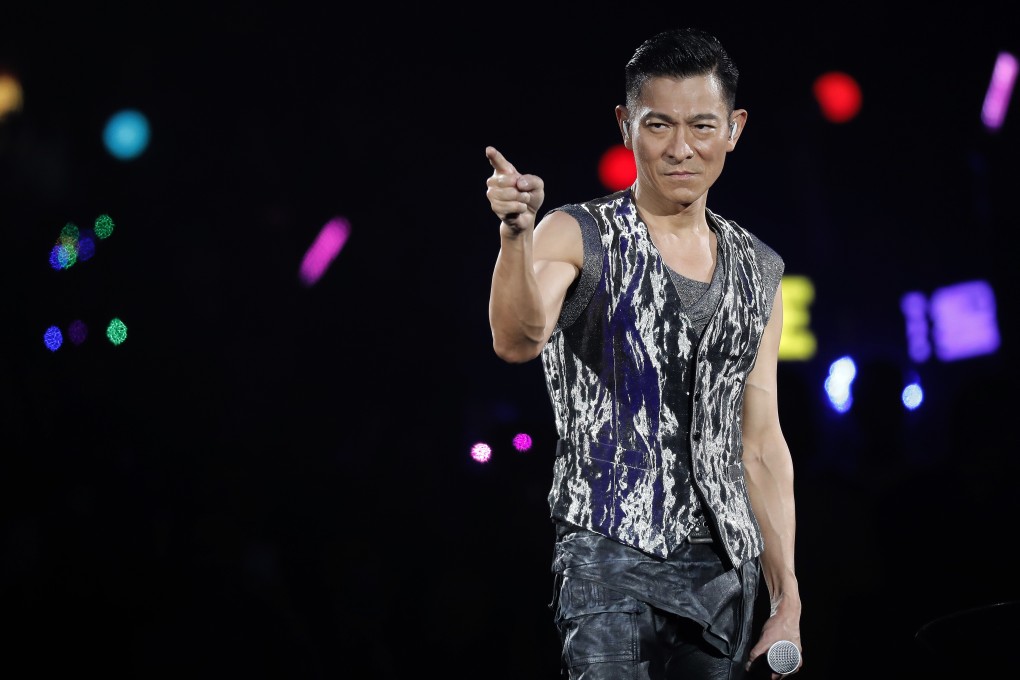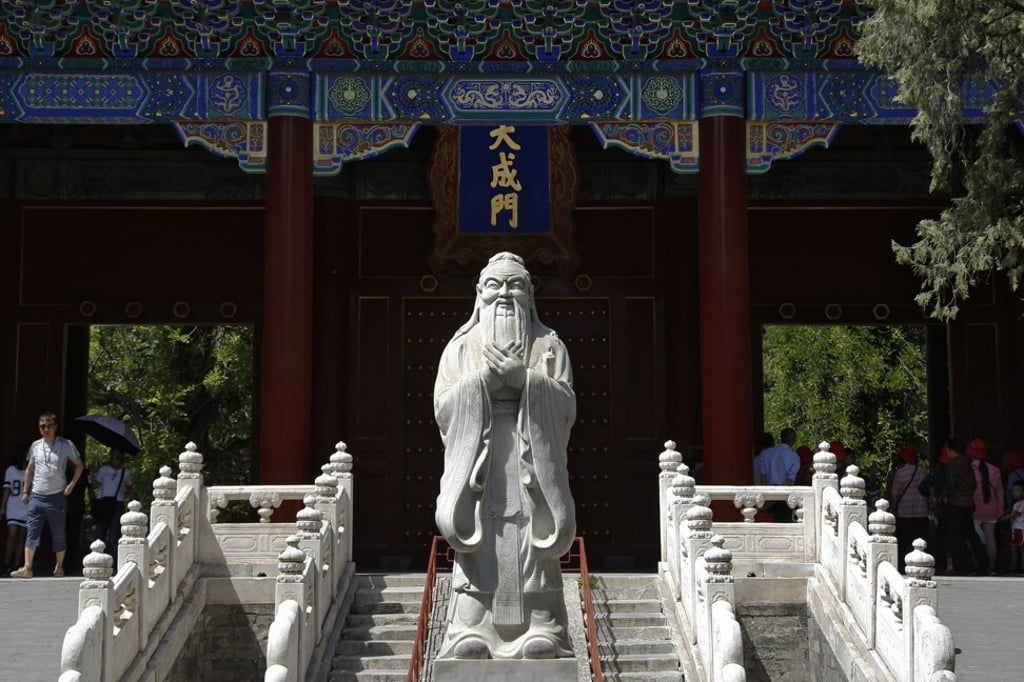My Take | How to rule under the heaven
- Is ‘tianxia’ an authentic Chinese vision of international order or just nostalgia for a time that never was?

Out of curiosity and also to regain my fading knowledge of the Chinese language, I have recently started following debates among mainland literati or public intellectuals about the nation and its future and past.
It’s an arcane and difficult forum that unless you make an effort to enter it, its debates and publications rarely get reported or discussed outside the country. Still, I think it’s important to know what the best and brightest thinkers, or at least the most influential ones, are thinking about their own country and the world.
By and large, I am in awe of their erudition and intellectual depths. But on one fashionable subject that has attracted Western attention, I have not been able to appreciate its significance or relevance. Perhaps it’s just my own incompetence.
In recent years, many mainland intellectuals have acquired a great enthusiasm for an international relations theory that may be summed up in one word, or rather two Chinese characters: tianxia.
Literally, it’s sky/heaven and down/under. As a phrase, it’s often translated as “all under the heaven”. More colloquially, it just means the world or everywhere.

